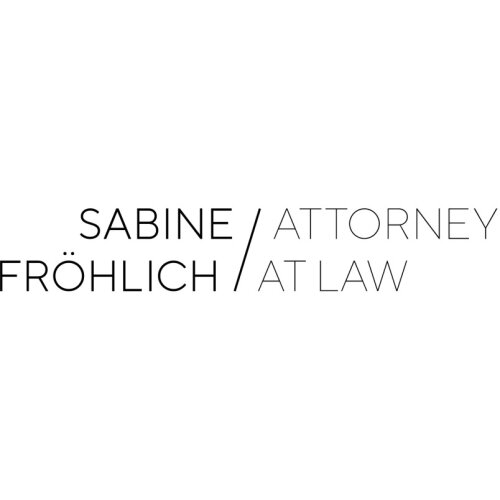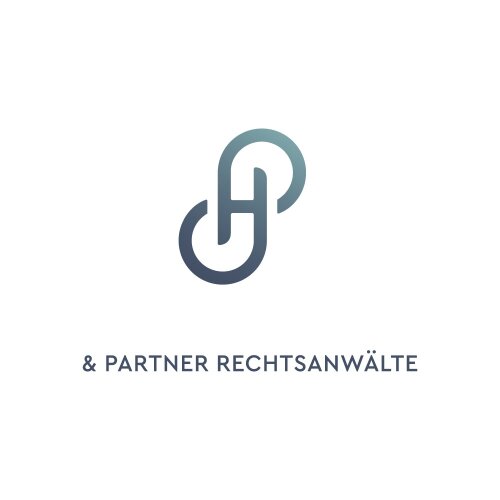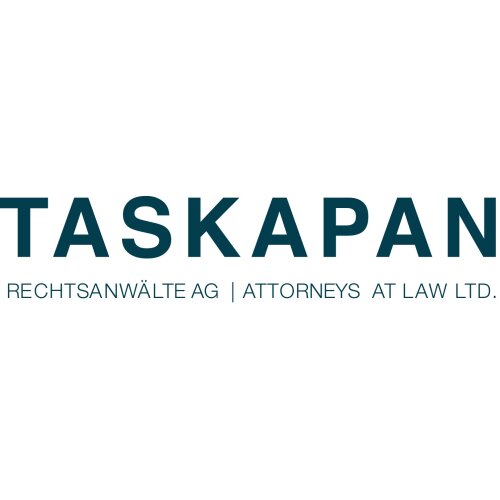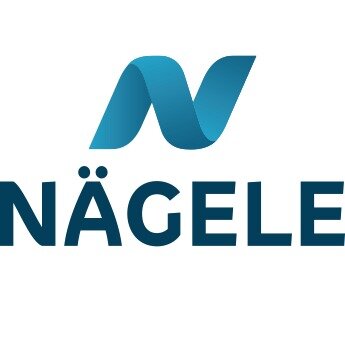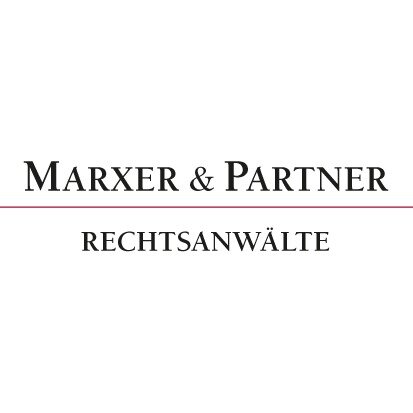Best Energy Regulatory Law Lawyers in Liechtenstein
Share your needs with us, get contacted by law firms.
Free. Takes 2 min.
Or refine your search by selecting a city:
List of the best lawyers in Liechtenstein
About Energy Regulatory Law in Liechtenstein
Energy Regulatory Law in Liechtenstein covers the regulations, rules, and policies governing the production, distribution, and consumption of energy. Given Liechtenstein’s compact size and integration with neighboring energy markets, the country closely aligns its legal framework with European Union directives, even though it is not an EU member. Energy regulation in Liechtenstein seeks to ensure a stable supply of electricity and gas, promote the use of renewable resources, and safeguard environmental standards. The Office of Economic Affairs (Amt für Volkswirtschaft) and the Energy Authority (Energiekommission) are the main regulatory bodies overseeing compliance and market competition in the energy sector.
Why You May Need a Lawyer
Navigating Energy Regulatory Law in Liechtenstein can be complex due to evolving regulations and international agreements. You may require legal advice if you are:
- A company interested in entering the energy market or setting up a new energy project.
- A developer of renewable energy installations needing guidance through permits and compliance issues.
- An investor considering mergers, acquisitions, or partnerships in the energy sector.
- A consumer or business facing disputes with an energy supplier regarding tariffs, service interruptions, or contract terms.
- An entity needing to understand how changes in legislation may impact your energy-related operations.
A lawyer specializing in Energy Regulatory Law can help you interpret both local and international legal requirements, ensure regulatory compliance, and represent you in administrative proceedings or negotiations.
Local Laws Overview
Some of the key legal aspects relevant to Energy Regulatory Law in Liechtenstein include:
- Market Regulation: The country liberalized its electricity market, inviting competition while ensuring state oversight to prevent monopolistic practices.
- Energy Efficiency and Sustainability: Regulations encourage the use of renewable energy sources such as hydropower, solar, and biomass. Incentives and obligations promote environmental protection and energy efficiency.
- Licensing and Permits: All energy providers and infrastructure projects require appropriate licenses. Regulatory bodies control market entry, safety standards, and technical conditions.
- Tariff Structures and Consumer Rights: Tariff systems and consumer protection laws aim to guarantee fair pricing, reliable supply, and transparent contractual obligations.
- EU/EEA Alignment: Liechtenstein adopts numerous EU energy directives through its membership in the European Economic Area, requiring compliance with European regulations on grid access, emissions, and renewable energy targets.
- Dispute Resolution: The law offers mechanisms for disputes through regulatory bodies and the courts, ensuring consumers and businesses have avenues for recourse.
Frequently Asked Questions
What government bodies regulate the energy sector in Liechtenstein?
The Office of Economic Affairs and the Energy Authority oversee licensing, compliance, and enforcement of energy regulations in Liechtenstein.
Do I need a permit to generate renewable energy for personal or commercial use?
Yes, permits are required to construct and operate most energy generation installations, including renewables. Approval processes involve environmental and technical assessments.
Can foreign investors participate in Liechtenstein’s energy market?
Yes, foreign investors can access the market, but must comply with local and EEA regulatory and licensing requirements.
How are energy prices and tariffs determined?
Tariffs are regulated and must reflect fair pricing policies. Regulatory authorities set or approve rates to balance consumer protection and provider sustainability.
What rights do consumers have if they experience poor service or disputes with an energy provider?
Consumers can file complaints with regulatory bodies or take legal action if providers breach contract terms or quality standards.
What laws promote the use of renewable energy in Liechtenstein?
Legislation and incentive programs support the development of hydropower, photovoltaic, and other renewables to align with sustainability goals.
Is Liechtenstein’s energy market integrated with other countries?
Yes, the country imports most of its electricity, primarily from Switzerland and Austria, and harmonizes regulations with European standards via the EEA agreement.
What is involved in obtaining a license for an energy project?
Applicants must submit technical plans, environmental impact statements, and fulfill safety and infrastructure conditions. The relevant authorities evaluate each application case by case.
How can a lawyer help with regulatory compliance?
A lawyer can review your operations, advise on applicable regulations, facilitate permit applications, and assist with ongoing compliance and reporting requirements.
Where can I find up-to-date legal information about Liechtenstein’s energy laws?
Official government websites, regulatory agencies, and legal advisors specializing in energy law are reliable sources for current information and legislative updates.
Additional Resources
- Office of Economic Affairs (Amt für Volkswirtschaft): Main supervisor for economic and energy policies.
- Energy Authority (Energiekommission): Regulatory commission responsible for energy licensing and oversight.
- Ministry for Infrastructure, Economic Affairs and Sport: Government body handling infrastructure and energy strategies.
- Liechtenstein Chamber of Commerce and Industry: Provides business advice and sector-specific resources.
- Legal specialists and law firms with experience in energy law and EEA regulations.
Next Steps
If you need legal assistance regarding Energy Regulatory Law in Liechtenstein:
- Identify your issue or question, such as licensing, compliance, or dispute resolution.
- Gather all relevant documents including contracts, permits, and correspondence with authorities.
- Research or contact recognized lawyers or law firms specializing in energy and regulatory law.
- Schedule a consultation to discuss your situation, possible legal strategies, and next steps.
- Continue monitoring updates in energy policy and legislation, especially if you operate in the energy sector.
A knowledgeable legal advisor can help you navigate the complex landscape of energy regulations and protect your interests in Liechtenstein’s dynamic energy environment.
Lawzana helps you find the best lawyers and law firms in Liechtenstein through a curated and pre-screened list of qualified legal professionals. Our platform offers rankings and detailed profiles of attorneys and law firms, allowing you to compare based on practice areas, including Energy Regulatory Law, experience, and client feedback.
Each profile includes a description of the firm's areas of practice, client reviews, team members and partners, year of establishment, spoken languages, office locations, contact information, social media presence, and any published articles or resources. Most firms on our platform speak English and are experienced in both local and international legal matters.
Get a quote from top-rated law firms in Liechtenstein — quickly, securely, and without unnecessary hassle.
Disclaimer:
The information provided on this page is for general informational purposes only and does not constitute legal advice. While we strive to ensure the accuracy and relevance of the content, legal information may change over time, and interpretations of the law can vary. You should always consult with a qualified legal professional for advice specific to your situation.
We disclaim all liability for actions taken or not taken based on the content of this page. If you believe any information is incorrect or outdated, please contact us, and we will review and update it where appropriate.
Browse energy regulatory law law firms by city in Liechtenstein
Refine your search by selecting a city.



